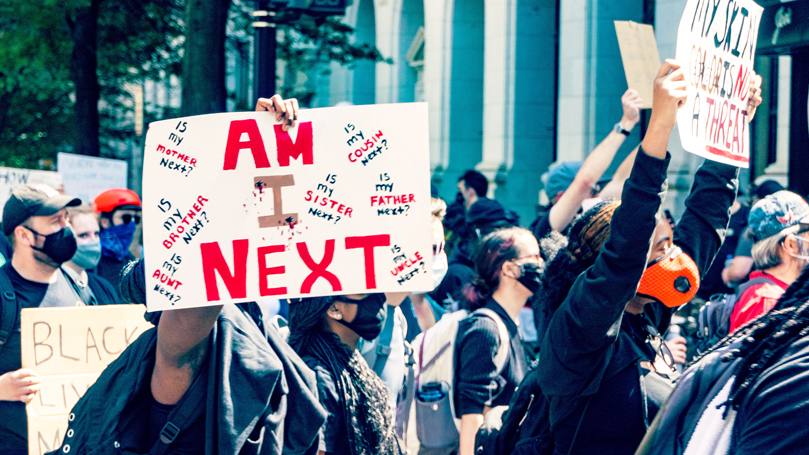Dear U.S. Senators and Representatives,
On the morning of August 27, Annunciation Catholic School Church in Minneapolis became the site of yet another American “incident.” During a morning Mass, a shooter opened fire into the pews, killing two children – ages eight and ten – and injuring fourteen children and three elderly parishioners. The suspect, identified as 23-year-old Robin Westman, a former student, fatally took his own life at the scene. The FBI is currently investigating the attack as a potential hate crime against Catholics.
Parents who dropped their children off for a normal school day found themselves clutching them hours later—relieved if they had been spared, inconsolable if they had not. The Mass, meant to be a moment of faith and community, has instead become another scar on the nation’s conscience of internal security.
“I just ran under the pew, and then I covered my head. My friend Victor saved me, though, because he laid on top of me, but he got hit [on the back]),” Weston Halsne, a fifth-grade student still in shock, told CNN.
A fifth-grade student, on national news. A fifth-grade student, hiding from active ammunition. Their words echo the same refrain we’ve heard from children in Uvalde, in Sandy Hook, in Nashville, in Columbine. Different cities. Different classrooms. The same story.
Gun violence is no longer an episodic crisis: it is a defining feature of American life. Firearms are now the leading cause of death among children and teenagers in the United States, surpassing car accidents. In 2021, guns claimed almost 49,000 lives. An average of 134 people each day. Youth firearm deaths have more than doubled since 2013. Millions more live with the trauma of proximity: classmates, siblings, and neighbors who will carry the memory of gun violence into adulthood.
This latest school shooting is not an aberration. By late August, the U.S. had already recorded at least 90 gun-related school incidents this year, 58 of which have occurred on K-12 campuses. No other First World nation experiences this scale of carnage in classrooms. Other democracies confronted their own mass shootings decades ago and chose reform. Australia, after Port Arthur. The United Kingdom, after Dunblane. Their actions ended the cycle. Do American lawmakers not understand that our inaction sustains it?
The solutions are not mysterious. Universal background checks. Safe-storage laws. Red-flag provisions to keep firearms out of dangerous hands. Limits on high-capacity magazines. None of these erases the Second Amendment. None requires confiscation. They are simply attempts to align rights with responsibilities. Despite this, proposals stall in Congress year after year, undone by partisanship, lobbying, and paralysis that has become its own form of complicity.
Gun violence should not be political. But American congressmen have chosen to make it so, accepting inertia in the face of preventable loss. Of children. Of first responders. Of innocent American lives.
We are not powerless. But each time we fail to act, we send a message that we are willing to live with this. That parents should brace for the possibility that the next emergency alert, the next panicked phone call, could come from their child’s school.
This cannot be our answer. Parents deserve more than condolences. Communities deserve more than candlelight vigils. Children deserve more than prayers. Students deserve more than putting blind faith in their academic administrations. They deserve protection.














